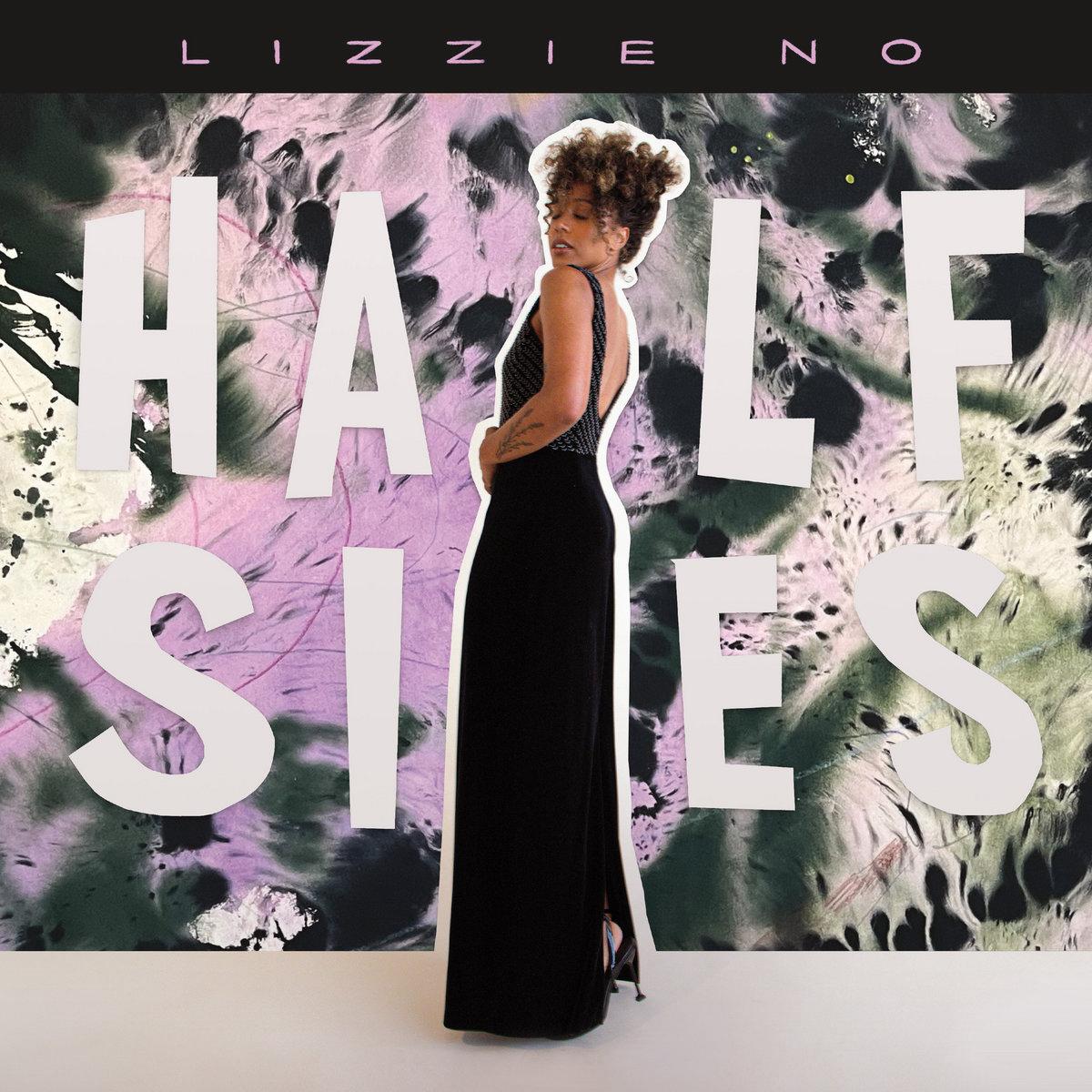Writing over the speed limit
Brooklyn singer/songwriter Lizzie No kicks off tour

 Lizzie No often writes songs while she’s driving — dangerous, she knows. No likes to take risks, though, especially when it comes to songwriting. Her music is country, folk, whatever she wants it to be. Mostly, it’s music that tells a story.
Lizzie No often writes songs while she’s driving — dangerous, she knows. No likes to take risks, though, especially when it comes to songwriting. Her music is country, folk, whatever she wants it to be. Mostly, it’s music that tells a story.
No was soaring along the highway on her way to Chicago. She was driving fast—but not too fast— and also writing a song. This is how she composes: doing anything other than actually writing at first, and then the ideas flood in. Singing aloud, she records her loose thoughts as voice notes on her phone. Through this process, the song “Deadbeat” on No’s newest album “Halfsies” was born.
“It was kind of perilous,” No said. This is typical for her, though. “Usually what I’ll do is I’ll sing into my phone,” she said, “and I’ll keep time. And often I will sing different instruments apart and try to give myself a future roadmap of what the chord progressions might be.”